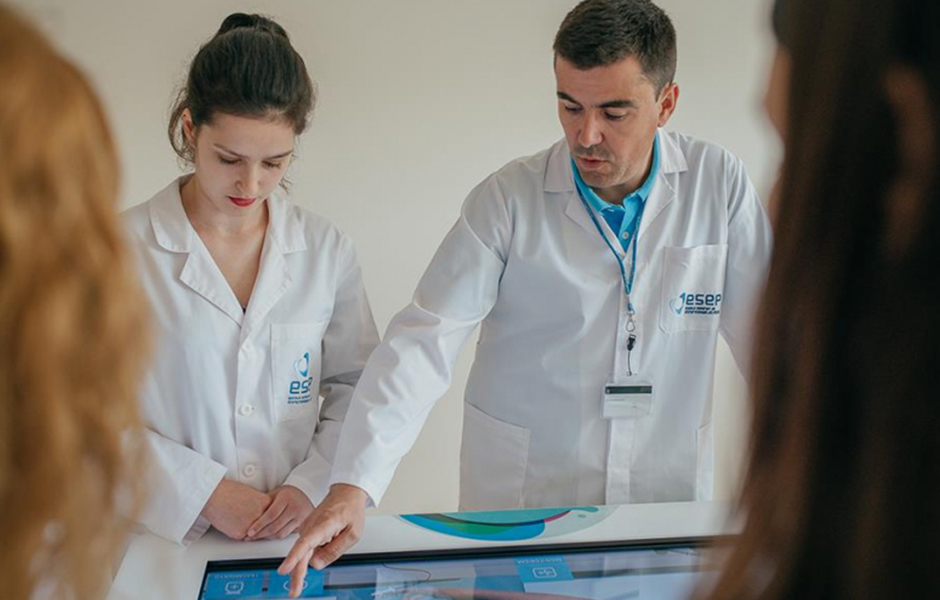The use of virtual clinical simulation allows a significant improvement in knowledge retention and increases the levels of satisfaction with learning in the context of Nursing Education.
These are the results of a study developed by a team of researchers from CINTESIS – Center for Health Technology and Services Research and the Nursing School of Porto (ESEP).
The article, entitled “Clinical Virtual Simulation in Nursing Education: Randomized Controlled Trial”, was published in the Journal of Medical Internet Research (JMIR), and was the 7th most cited article in 2020 and the 24th most cited article on the list of most cited articles ever in this scientific journal
According to Miguel Padilha, first author of the study and CINTESIS/ESEP researcher, the study consisted of a randomized controlled trial in which two groups of Nursing students were compared. In one group, the teaching was based on a traditional approach, with a clinical case. In the other group, the same clinical case was used, but using a virtual simulator (Body Interact).
In the intervention group, users were able to interact with the virtual simulator through dialogues, performing the monitoring of physiological parameters, the observation and physical examination, and the prescription or analysis of complementary tests and the prescription of the intervention.
In the end, the simulator provided a feedback report with the score given in the three categories analyzed: physical examination, diagnosis, and intervention. The best decision, based on Evidence, was also presented.
The results show that future nurses learn better with the use of the virtual clinical simulator. Knowledge retention is significantly higher, both immediately following the intervention and two months later. In addition, students have higher levels of satisfaction with their learning.
“This study shows that virtual clinical simulation is a pedagogical strategy that contributes to improving knowledge retention and student satisfaction. The article also reveals the impact of simulation in Nursing Education and contributes to making health care educators aware of its usefulness,” says Miguel Padilha.
The CINTESIS/ESEP researcher concludes by stressing that virtual clinical simulation proves its potential to support the development of clinical skills in the next generation of professionals, helping to increase the safety and quality of healthcare in the future.

